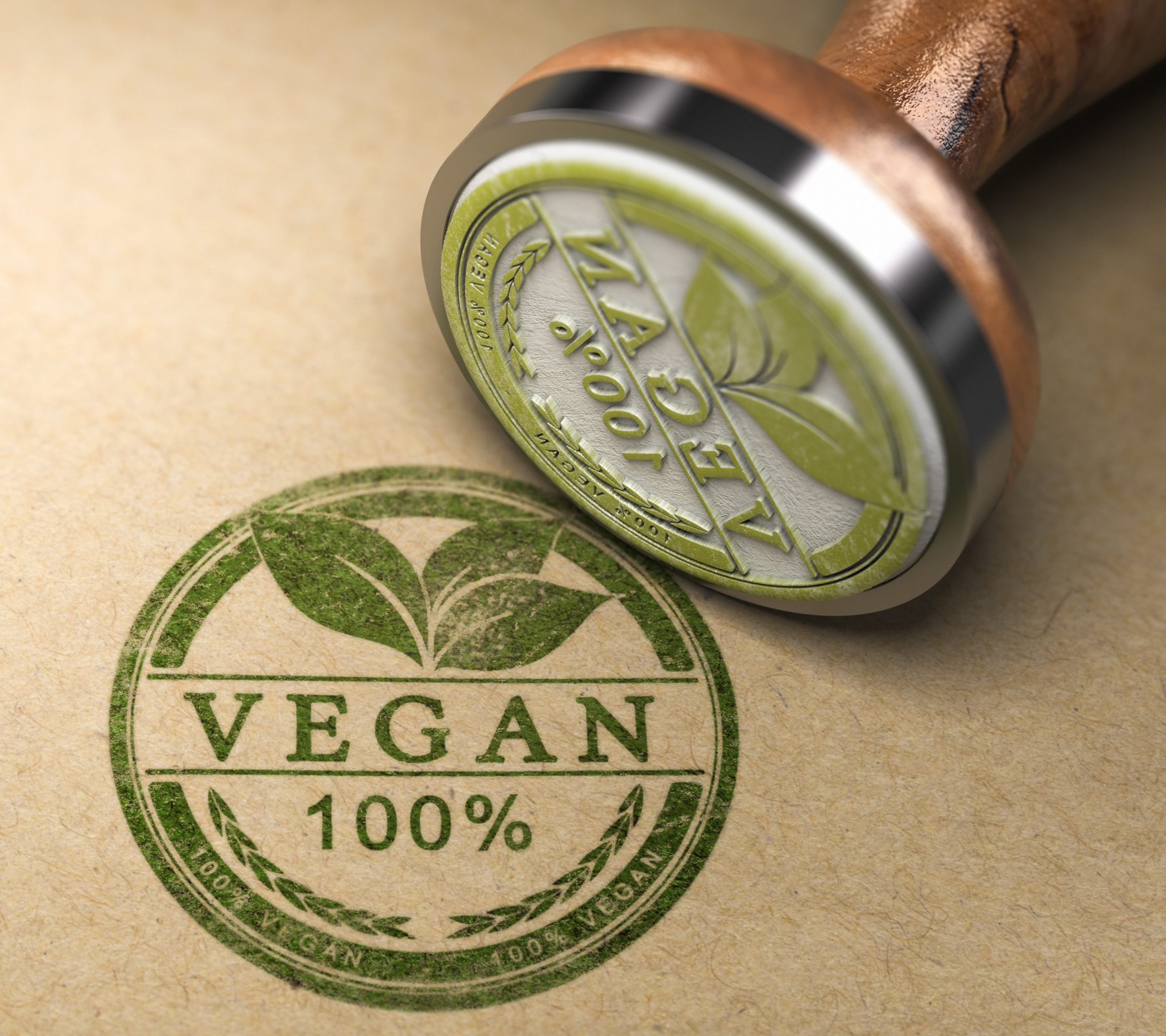
The recent case of Casamitjana v League Against Cruel Sports; a two-part case that is better known for its first part, has held that ethical veganism is to be considered a philosophical belief and should therefore be protected characteristics by the Equality Act 2010.
What this means for vegans is; the court decided that only ethical veganism to be a philosophical belief, not other types of veganism such as dietary or raw-food veganism etc. This means that not all vegans are protected by the Equality Act 2010, only those who identify as ethical vegans.
So, what is the difference between veganism and ethical veganism, you may ask? Good question!
Veganism is defined as an individual who follows a way of life that aims to exclude all forms of exploitation or cruelty to animals for their food, clothing or any other aspects of their lifestyle. Vegans will follow a plant-based diet and often use animal-free alternatives, with the aim of benefiting animals, the environment and other humans.
On the other hand, although an ethical vegan can be considered somewhat similar to a ‘regular’ vegan, the big difference between the two is that an ethical vegan won’t just follow a plant based diet, instead going far beyond this and ensuring that their entire lifestyle revolves around doing everything they can to ensure that nothing they may consume or take part in will contribute to the suffering of animals. Quite often, the choice to become an ethical vegan is motivated by additional beliefs that make those who adopt this lifestyle to feel extremely passionate about it and educate those around them in hopes that they will do the same.
It’s a system of belief, not just a luxury lifestyle choice!
In a nutshell, the case that was brought by Mr Jordi Casamitjana was that his employers: League Against Cruel Sports, fired him for disclosing that the company’s pension funds were being invested in companies that carried out animal testing, to his colleagues. Mr Casamitjana says that the investments go against his beliefs as an ethical vegan and that is why he was sacked, however his employers state that his disclosing of information amounted to gross misconduct and had nothing to do with the fact that he identified as an ethical vegan.
How did they come to this conclusion?
For a philosophical belief to have protection under the Equality Act there are certain conditions that must be met:
- It must be genuinely held
- It must be a belief, not an opinion or viewpoint based on the present state of information available
- It must be a belief as to a weighty and substantial aspect of human life and behaviour
- It must attain a certain level of cogency, seriousness, cohesion and importance
- It must be worthy of respect in a democratic society and not be incompatible with human dignity
So, for those who fear that a floodgate has been opened to being able to class anything as a philosophical belief and having it protected by the Equality Act, this will not be the case unless it meets all of the above conditions. In this case, the Norwich Employment Tribunal found that ethical veganism met all the necessary requirements and can be classed as a philosophical belief.
Hina Belitz, an employment lawyer from Excello law said ‘I think it is very likely that veganism itself would not be protected, just as vegetarianism is not likely to be protected, I think it is precisely because of the excessive nature of ethical veganism as a system of thought that the tribunal came to this view’
What do lawyers think about this judgment?
Leading lawyers have said ‘the recognition of ethical veganism as a protected characteristic under the Equality Act 2010 will have potentially significant effects on employment and the workplace, education, transport and the provisions of goods and services’
This means that employers may have to ensure that the needs of ethical vegans are catered for within the workplace even if the employer does not hold the same beliefs, and so employers should exercise caution.
On the other hand, ‘it is important to remember that this is the judgment of the first instance employment tribunal. It does not have to be followed nor does it have to implement any changes in the law. But it does give employers guidance in relation to the likely treatment of ethical veganism before the employment tribunal and as such, the types of steps they should be considering for their employees and the workplace’
This means that this judgment does not change the law in any way and employers are not required to take immediate action, it may simply be an indication that the law may change in the future, but for the present time employers do not have to be overly cautious but should think about the products and services that they provide within their workplace, for example, vegan-friendly food options or uniform or furniture that is not wool or leather.
What is the public’s viewpoints on this?
The general public seem to have mixed views on this judgment, with some appearing not impressed by the judgment and arguing that unlike with disability, there is no requirement to make reasonable adjustments for a belief, which means that employers do not have to make changes to their workplace, for example replacing all the soap in the bathrooms with certified cruelty-free soap, but at the same time, they cannot stop a vegan employee from bringing in their own handwash to use.
But there also are members of the public who believe that there is no problem with this finding and that it is in fact a step forward in the right direction, for both the vegans who are usually on the receiving end of cruel jokes and the occasional eye-roll, and for the protection of animals.
Hooray for the ethical vegans! Hooray for animal rights!